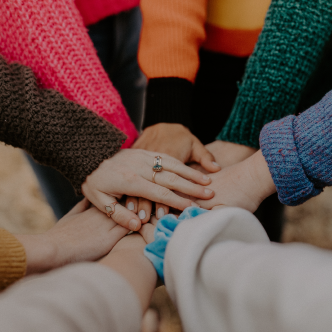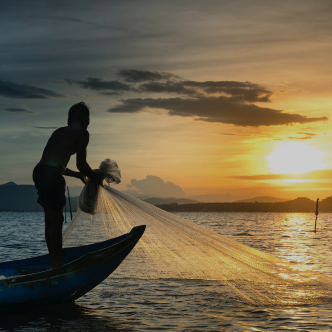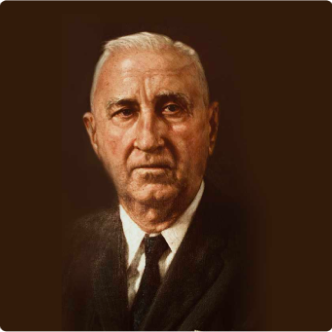Who We Are
Our History
It all started with a man named Ramon Aboitiz.
It was the mid-nineteenth century in the southern province of Leyte when Paulino Aboitiz, a Spanish entrepreneur, married Spanish mestiza Emilia Yrastorza, and raised ten children with strong values of hard work and family unity. One of their precious boys is Ramon Aboitiz, who was born in a time of possibilities.
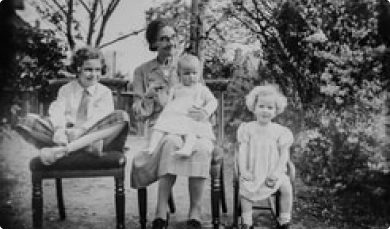
1887
Ramon Aboitiz, the fourth child and second son of Paulino and Emilia Aboitiz, was born in Ormoc, Leyte, on November 16, 1887. Growing up in the small provincial town of Ormoc, he enjoyed playing games with other children and helping with household chores and the family's general merchandise store. His carefree childhood was interrupted by the uncertain days of the Revolution of 1896. At the age of nine, his parents sent him to Spain and later to England for formal education.
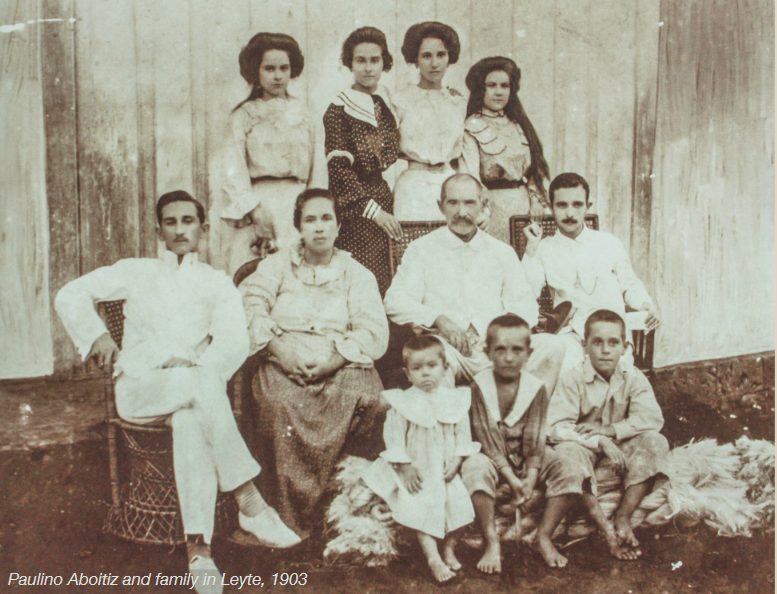
1903
Ramon returned to the Philippines in 1903 and briefly worked as a clerk in a merchant firm in Cebu. However, he soon returned to Leyte to assist in the family business, serving as both a bookkeeper and a warehouseman or bodeguero.
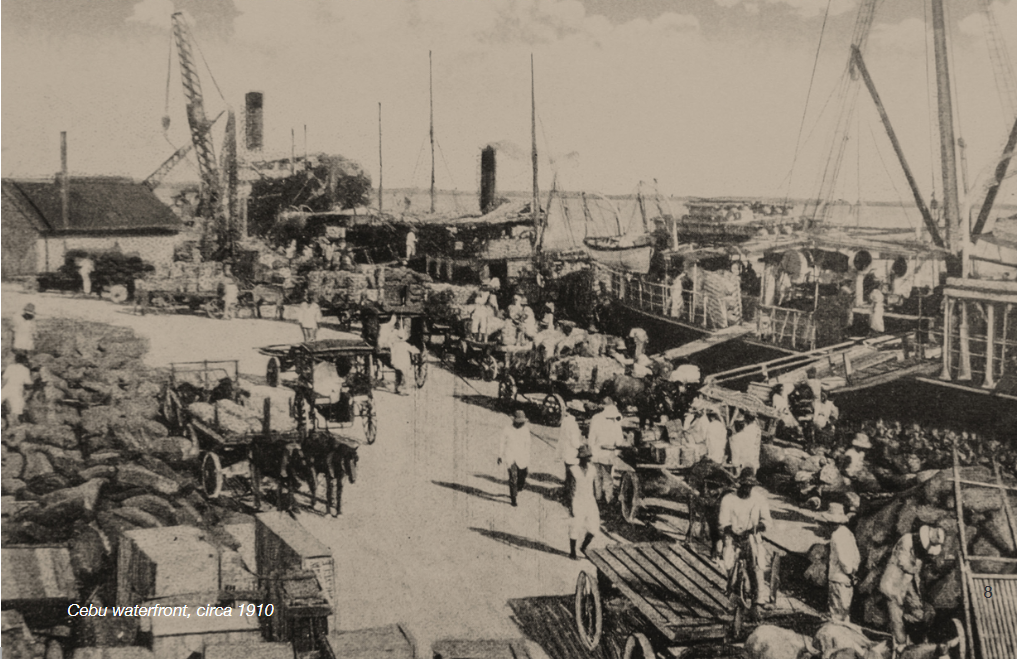
1910
Ramon became the head of Muertegui y Aboitiz in Cebu office, a partnership between his father and Jose Muertegui that dealt in abaca and general merchandise. He would, from this day, make Cebu his home.

1920
Following the death of Paulino Aboitiz, Ramon and his brothers established a new partnership called Viuda y Hijos de P. Aboitiz, which later evolved into Aboitiz & Company Inc., a family corporation. The business expanded into various sectors, including shipping, power generation, construction, and banking.
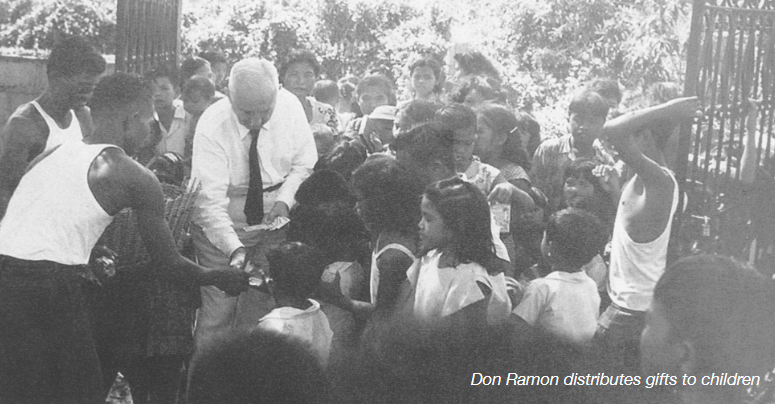
1966
On his 79th birthday in November 1966, Ramon, who was as dedicated to philanthropic works in Cebu as to his business, established the Ramon Aboitiz Foundation Inc. (RAFI) and endowed it with his personal wealth so his family could continue his charitable endeavors.
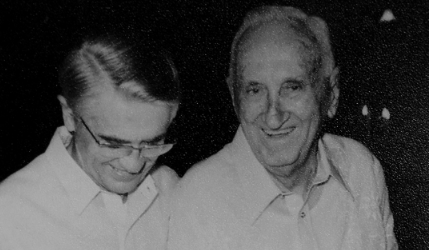
1967
Ramon stepped down as president of Aboitiz & Company, handing over the reins to his son Eduardo J. Aboitiz, while assuming the honorary position of Chairman Emeritus. He entrusted being chairman of the company's Board of Directors to his brother, Vidal Aboitiz.
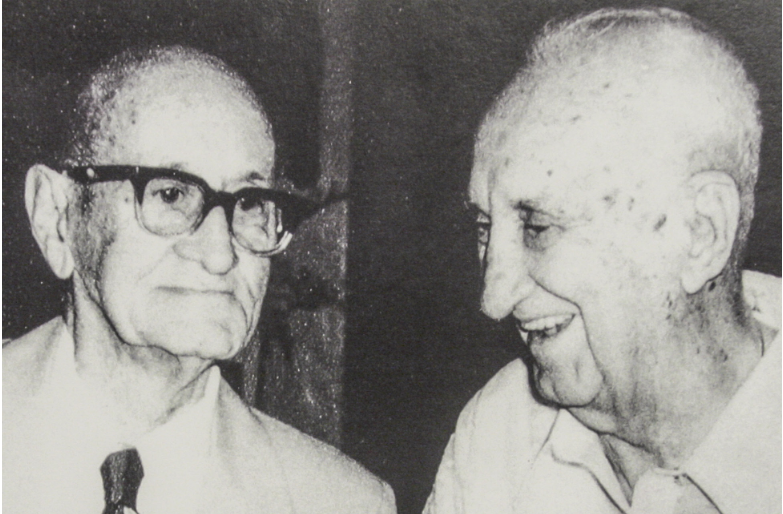
1970
Under Eddie Aboitiz's leadership, Aboitiz & Company and its subsidiaries joined the Philippine Business for Social Progress (PBSP), committing to contribute one percent of their net profit to the foundation.
PBSP was organized as a non-profit, non-stock foundation by fifty business companies to integrate their activities in helping low-income communities.
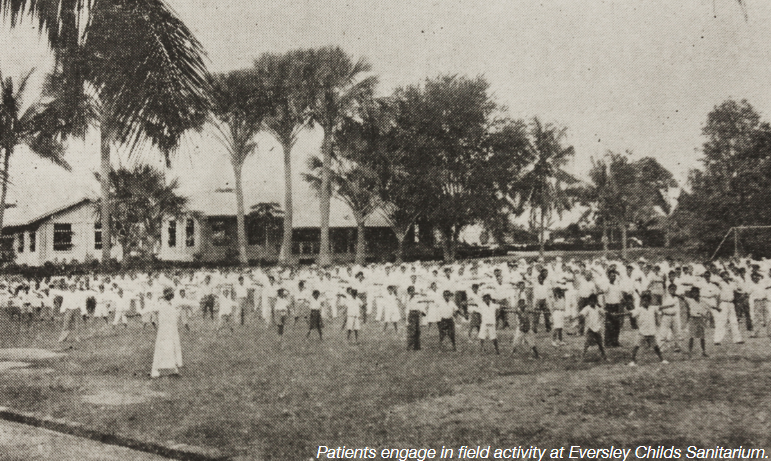
1973
The foundation's purpose was amended to focus on dedicating its net income exclusively to educational, charitable, religious corporations, institutions, foundations, trust, philanthropic organizations, or research institutions, while still extending assistance to various schools and community welfare centers.
Among the training programs RAFI supported include:
• Islandcraft project run by the Good Shepherd nuns in Mabolo, Cebu City
• YLAC training program for out-of-school youth
• Vocational training programs of the Don Bosco Youth Center in Pasil, Cebu City run by Fr. John Deiana
• Fatima Parish Training Center, St. Peter’s Academy in Ormoc City
• Guba National High School in Cebu City
• Farm-based skills training program of SAPAK Foundation in Compostela, Cebu
• Pusok Elementary School in Mactan
• Eversley Child Sanitarium
• Cebu TB Pavillion
Ramon also continued with his regular “Thursday giveaways” at an old copra bodega near Plaza Independencia where indigents as well as an assortment of people gathered for their weekly gifts of rice, canned goods, and medicine.
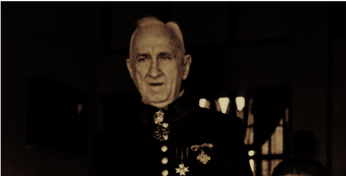
1974
Ramon Aboitiz passed away on May 4, 1974, leaving behind a legacy of philanthropy and humanitarianism. Among his awards include:
• Papal decorations as the Pro Ecclesia et Pro Pontifice (1949)
• Knight of the Holy Sepulcher (1951)
• Knight Commander of the Holy Sepulcher (1956)
• Pontifical Knight of St. Sylvester
His son Eduardo or "Eddie" succeeded him as president of the foundation. Well-schooled and even- tempered, Eddie shared his father’s humane sympathies. While Eddie did not have his father’s commanding presence, he inherited his passion for work. Assuming leadership of RAFI, Eddie proceeded to institutionalize it. Eduardo J. Aboitiz was born on 13 December 1917. After he earned a B.S. in Agriculture from the University of California in Davis, he started working for Aboitiz & Company (ACO).
Eddie was elected to a seat in the ACO board of directors in 1951 and, as an assistant to his father, was the company’s de facto executive vice-president. In 1967, when Don Ramon was elevated to the position of Chairman Emeritus of ACO, Eddie became President and General Manager.
Outside his many corporate responsibilities, he was interested in antiques and golf, and active in community welfare programs. A man with a finely cultivated social conscience, he appreciated how service to the community was not just the performance of duty but a morally constitutive experience as well. It is told that at one time he reminded his associates in the foundation: “We must not only ask whether we are doing good but, are we becoming good ourselves?”
His numerous honors include an honorary degree of Doctor in Humanities & Letters from the University of San Carlos. While Eddie did not have his father’s commanding presence, he inherited the old man’s passion for work. Adventurous (he took up boxing when he was a university student), he did not shirk the challenge of taking on the difficult jobs when he first joined the family business.
In the 1950s, when Aboitiz & Company was briefly involved in logging operations (the company pulled out of the logging business in 1959), Eddie traveled to the interior of Basilan, Zamboanga, Agusan, and Lanao to visit remote campsites, parley with Muslim leaders, and reconnoiter for suitable logging sites. Having disappeared into the interior, there were times when his family would not hear from him for days. Such was his passion for work.
Taking after his father, Eddie was gallant and goodhearted even when he was young. In his mother’s late years, when her eyesight was failing, it was Eddie who daily and patiently read the papers to her. (Doña Dolores was keenly interested in what was happening in the world.) Eddie’s sister Maria Luisa (who enjoyed playing mischievous pranks on her brother) recalls how Eddie always insisted that one should “always think about the other person” and not be self- absorbed. She wistfully recalls, “He was a really good person, a prince.”
From the very beginning, Eddie actively supported the idea of a foundation. At the time RAFI was founded, he was already engaged in civic and charitable work – such as those of the Cebu Family Planning Organization and Community Chest of Cebu.
As early as 1961, for instance, he was president of Cebu Boys’ Center, Inc., and Friends of the Lepers (Cebu) Association. He was also involved in organizing the Cebu Rehabilitation Center, Inc., in 1973, a shelter for the blind that was envisioned to be a rehabilitation center for those with other physical disabilities as well.
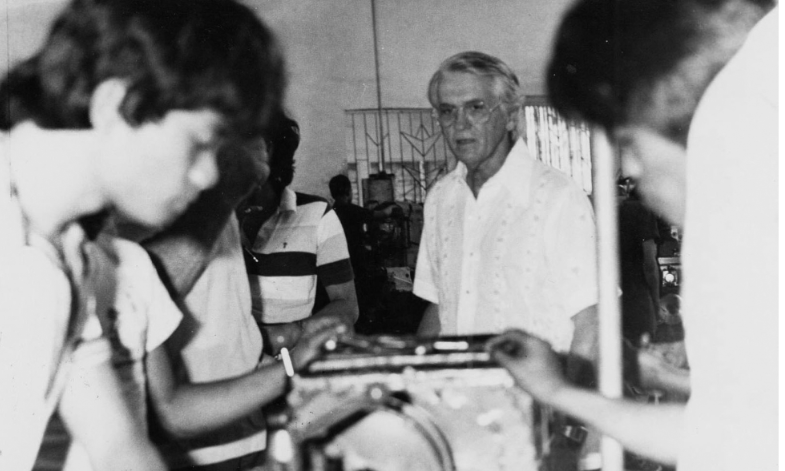
1975
For the first time, RAFI established a “working board,” particularly since the foundation had a skeletal management structure. RAFI Board of Trustees was composed of Eduardo Aboitiz as chairman and president, his son Roberto Aboitiz as vice-president.
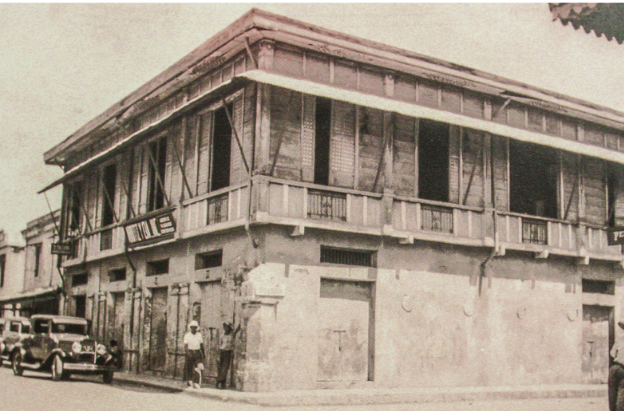
1976
The foundation moved into its own office in the Aboitiz Building on Juan Luna, professionalizing its operations by hiring staff with expertise in social action and community development. RAFI transitioned from being a simple philanthropic organization to a full-grown, multi-faceted development institution. While it was Ramon Aboitiz who initiated a tradition, Eddie Aboitiz was the leader who (in the words of Jon Ramon Aboitiz) “prepared RAFI for its future.”
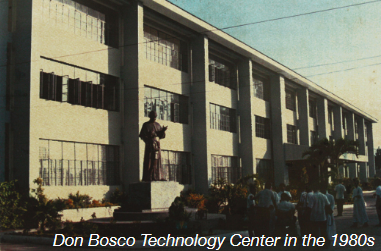
1980
RAFI provided assistance in the implementation of the Slum Improvement and Resettlement (SIR) Project implemented by the Cebu City Government in the Pasil district. A pioneering initiative in urban renewal, SIR was a national program launched in 1977 under the National Housing Authority.
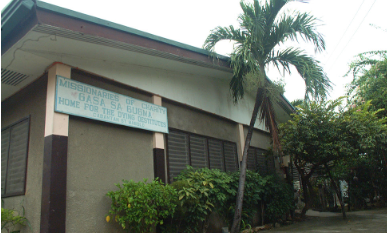
1983
RAFI established special trust funds, including the Dolores S. Aboitiz Memorial Fund for Social Needs, aimed at aiding organizations and individuals in need. The fund was named after Don Ramon's wife.

1984
RAFI ventured into heritage promotion, opening the Casa Gorordo Museum, the first lifestyle museum outside Manila on December 15, 1983. This initiative was born out of the interest of Aboitiz family members in culture, particularly historical preservation. While Ramon Aboitiz was focused on the more pragmatic aspects of community improvement, he was not indifferent to the importance of culture.
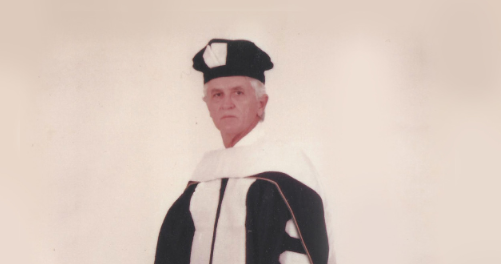
1985
Eduardo J. Aboitiz died in December 1985. He had served as the foundation’s president for eleven years and was so dedicated to its work that he continued to hold RAFI board meetings even when seriously ill. Eddie’s son Roberto E. Aboitiz, who had been the foundation’s vice-president took over as RAFI president. It seems that his father, in grooming him for the foundation, already knew he would turn out quite well as successor.
Roberto E. Aboitiz was born in Cebu City on September 3, 1949. After finishing his secondary education at Sacred Heart School in Cebu City, he went to Ateneo de Manila University where he earned a bachelor’s degree in behavioral science in 1971. He started out as an apprentice in the corporate staff of Aboitiz & Company (ACO) and then worked in other ACO departments and subsidiaries. Among other responsibilities, he has held the position of President, CEO, or Chairman of the Board of such companies as Aboitiz Equity Ventures, Inc.; Aboitiz Construction Group, Inc.; AboitizLand.
He served as a trustee of Aboitiz Foundation, Inc., Philippine Business for Social Progress, Sacred Heart School of the Society of Jesus, Inc., Cebu International School, Cebu Chamber of Commerce & Industry, and Center for Industrial Technology and Enterprise (CITE).
He is active in Habitat for Humanity. Since 1980, he has served as Honorary Consul of The Netherlands for Visayas and Mindanao. For his socio-civic work and service as honorary consul of the Netherlands over three decades, the Dutch government conferred on him the Knighthood in the Order of Orange-Nassau.
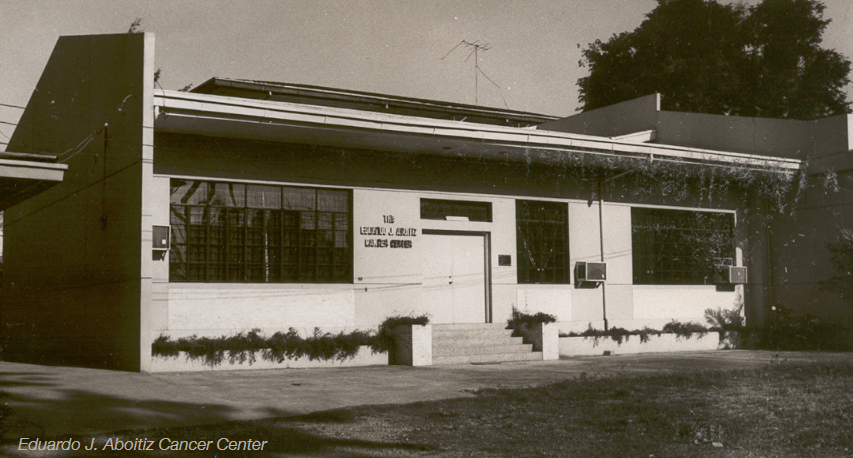
1988
Eduardo Aboitiz Cancer Center (EJACC) was established, reflecting RAFI's commitment to health initiatives. Roberto had his father's wish "to reach those who might be saved" in mind, so he and his family sought advice and assistance from Cebu medical practitioners since oncology was a relatively new field at that time. EJACC functions as a coordinating center for activities related to the upgrading of cancer education, health promotion, and cancer registration and research.
Bobby Aboitiz's wife, Ma. Cristina Aboitiz, became executive vice-president and chairperson of the Executive Committee of the Ramon Aboitiz Foundation, Inc. Introduced at a time when RAFI had a large portfolio of concurrent and overlapping projects, the ExeComm was meant to broaden authority and responsibility and improve management systems. RAFI had a simple structure in which program management was directed by a Chief Staff Officer (Leonardo Chiu), aided by a Comptroller (Dominica Chua), reporting directly to the President and Board of Trustees.

1989
USAID and RAFI again entered into a partnership with the “Area Development Program” (ADP). RAFI provided counterpart financing to the USAID grant of P13 million. Carried out under a co-financing program, this multi-site, multi-component project aimed to improve the technical and financial capacity of non-government organizations in central and southern Philippines (specifically, Regions VII and X) to access and retail the delivery of basic services. Participating organizations were given grants and loans to increase the capitalization of their socioeconomic projects. Mostly in agriculture, these projects came to include other income-generating activities like handicraft making, market support facilities, and cold storage ventures.
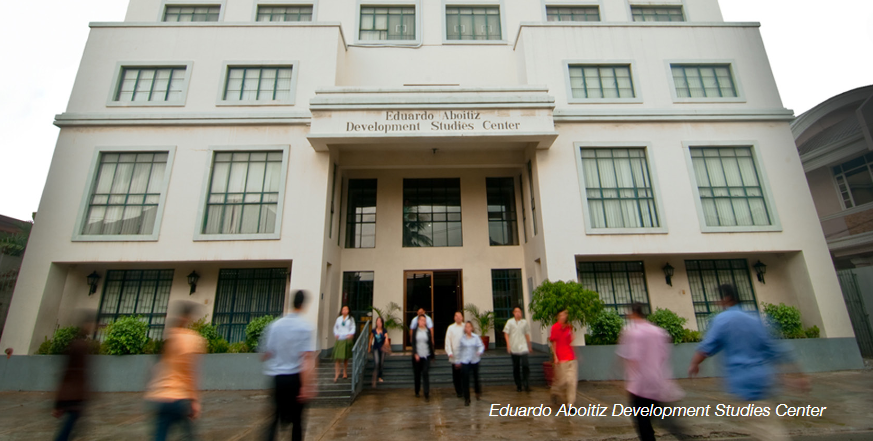
1991
Eduardo Aboitiz Development Studies Center (EADSC) was created to strengthen civil society and community organizations by RAFI-USAID. In the work of People Power Revolution, the more immediate terms EADSC was inspired by RAFI’s intensive improvement in the work of helping build capacities of non-government and people’s organization.
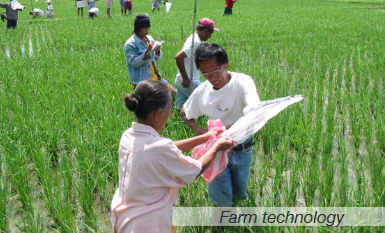
1996
RAFI institutionalized integrated area development through the Enterprise in Collective System for Environment (ECOSYSTEM) project. Community organizations were formed in the project sites; basic services were provided in the form of primary health care services, potable water systems, and school buildings; and community-based training was conducted in environment management (like contour farming, forest protection, mangrove reforestation, and coral reef rehabilitation), as well as project planning, linkage development, and policy advocacy work.

2007
RAFI formalized the Dolores Aboitiz Children’s Fund (DACF) to support children's welfare and focus on extending financial and technical support to initiatives aimed at children’s development.

2010
RAFI fully matured as an organization in terms of its institutional processes, human resources, and purpose-driven program of work. While it is “family-led,” Bobby Aboitiz says, it is a full- blown institution, one that is no longer personality-driven (as it was in the time of Don Ramon Aboitiz) but collectively steered by its board and management teams. RAFI undertook a “branding” exercise, the first for the organization. The exercise aimed at achieving a shared clarity within the organization as to the distinct identity of RAFI. The branding exercise affirmed RAFI’s five focus areas: integrated development, culture and heritage, micro-finance, leadership organization, and education

2020
RAFI remains dedicated to its mission of touching people's lives and shaping the future, guided by the legacies of its founders and current leadership.
Now on its 53rd year, RAFI remains steadfast to its legacy of elevating more lives and consistently focuses on carrying out our goal of “Touching People, Shaping the Future”. The legacy of Ramon, Eddie, Bobby, and Jon Ramon continues on with one of RAFI’s guiding principle to paddle forward, succeeded by the present president to date, Amaya Cristina Aboitiz-Fansler.
